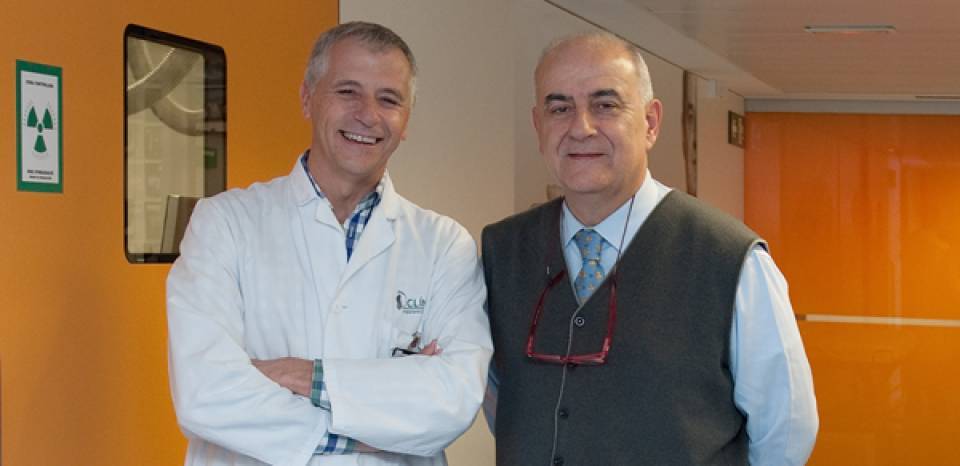Cardiac-resynchronization therapy using a combination of simultaneous pacing in the right atria and both ventricles, reduces morbidity and mortality in chronic systolic heart failure with a wide QRS complex (superior to 130 miliseconds). The QRS complex is a name for the combination of three of the graphical deflections seen on a typical electrocardiogram and represents the electrical activation of the ventricles. Patients with a narrow QRS complex might also present mechanical dyssynchrony, but there is a lack of information to determine whether Cardiac-resynchronization therapy might be useful for these patients too. Despite this, a 20% of patients receiving resynchronization therapy in Europe have a narrow QRS complex.
The randomized trial involved 115 centers to evaluate the effect of Cardiac-resynchronization therapy in patients with systolic heart failure and a QRS duration of less than 130 msec and echocardiographic evidence of left ventricular dyssynchrony. All patients underwent device implantation and were randomly assigned to have Cardiac-resynchronization therapy capability turned on or off. The study was stopped for futility on the recommendation of the data and safety monitoring board. At study closure, the 809 patients who had undergone randomization had been followed for a mean of 19.4 months. The results show that the benefits of Cardiac-resynchronization therapy shown in patients with a chronic systolic heart failure with a wide QRS complex were not observed in patients with a narrow QRS.
Reference of the article:
Ruschitzka F, Abraham WT, Singh JP, Bax JJ, Borer JS, Brugada J, Dickstein K, Ford I, Gorcsan J 3rd, Gras D, Krum H, Sogaard P, Holzmeister J; EchoCRT Study Group. Cardiac-resynchronization therapy in heart failure with a narrow QRS complex. N Engl J Med. 2013 Oct 10;369(15):1395-405. doi: 10.1056/NEJMoa1306687. Epub 2013 Sep 2.

